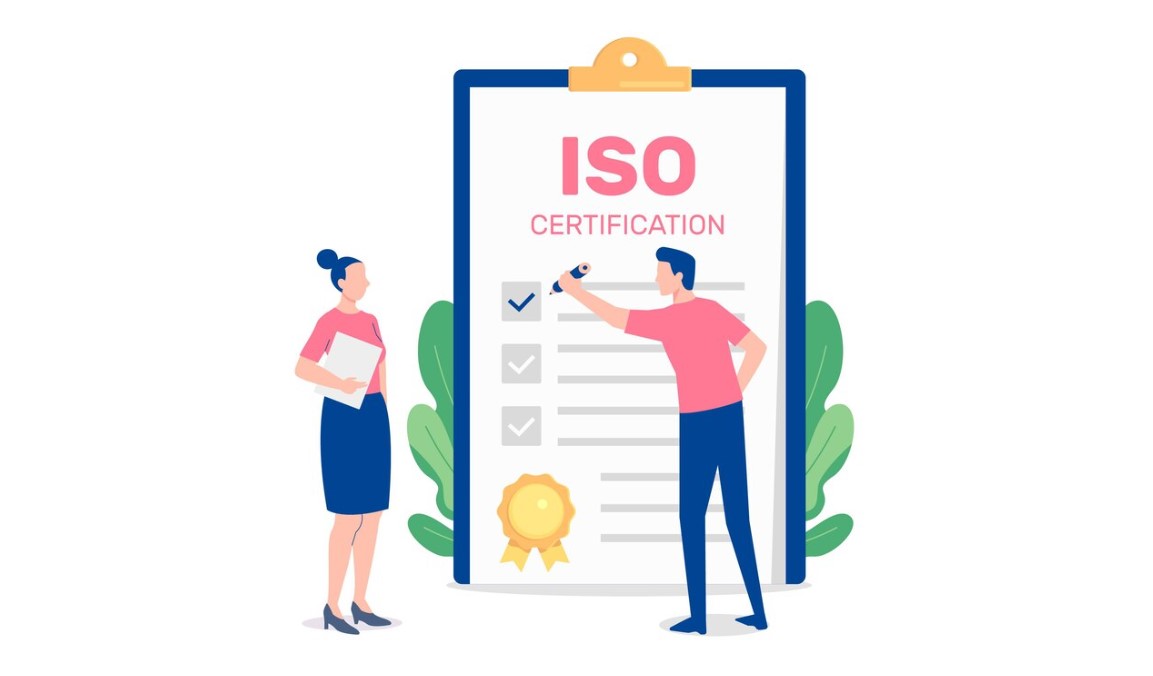ISO CERTIFICATION
- it’s super simple
- completely online
- hand-holding support
- instant response & consultation


it's pocket friendly

it's hassle free

it's instant

it's completely online
ITR-1 @ Rs. 699/-
- Salary Income
- Rent Income From One Property
- Interest Income etc.
This pricing plan includes free consultation
Fill inquiry form below to pay later
ITR-2 @ Rs. 1099/-
- Salary Income
- Rent Income From Properties
- Capital Gains or Losses
This pricing plan includes free consultation
Fill inquiry form below to pay later
ITR-3 @ Rs. 1999/-
- All Income Covered in ITR-2
- Income From Business or Profession
- Interest Income etc.
- Income or Loss From Intraday Share Trading
- Income or Loss From Derivatives (F&O)
- Director/Patner in a Company/LLP
This pricing plan includes free consultation
Fill inquiry form below to pay later
ITR-4 @ Rs. 1499/-
- Salary Income
- Rent Income From Propeties
- Professional Receipts up to Rs. 50 Lacs
- Businesses Covered under Presumptive Taxation
This pricing plan includes free consultation
Fill inquiry form below to pay later
ISO CERTIFICATION
An Overview
ISO certification refers to a set of international standards developed and maintained by the International Organization for Standardization (ISO) that define criteria for various aspects of quality, safety, efficiency, and environmental responsibility across industries and sectors worldwide. These standards aim to ensure that products, services, and processes meet specific requirements, providing consistency, reliability, and assurance to consumers, organizations, and stakeholders.
There are numerous ISO certifications covering different areas such as quality management (ISO 9001), environmental management (ISO 14001), information security management (ISO 27001), occupational health and safety (ISO 45001), and many more. Each standard outlines guidelines, procedures, and best practices for organizations to follow, emphasizing continual improvement, risk management, compliance, and customer satisfaction.
Achieving ISO certification involves an organization implementing and adhering to the specified standards, often through a process that includes documentation, internal audits, training, and external assessments conducted by accredited certification bodies. Once certified, the organization receives recognition for conforming to the established standards, showcasing its commitment to quality, consistency, and excellence.
ISO certification benefits organizations in various ways, including increased credibility, enhanced market competitiveness, improved operational efficiency, better risk management, compliance with regulations, access to new markets, and greater customer trust and satisfaction.
While ISO certification is voluntary, many businesses pursue it to demonstrate their dedication to meeting global benchmarks and improving overall performance, leading to increased trust among stakeholders and improved business outcomes.
Is It Mandatory?
ISO certification is not mandatory by law in most countries or industries. However, some specific sectors or clients may require ISO certification as a prerequisite for doing business or entering certain markets.
While ISO certification itself is voluntary, organizations pursue it to demonstrate their commitment to meeting international standards, improving quality, and enhancing their competitive edge. It’s often seen as a mark of quality and can open doors to new opportunities, especially in industries where adherence to these standards is highly valued.
In certain industries, regulatory bodies or government entities may mandate compliance with specific ISO standards as part of legal or contractual obligations. For instance, certain sectors like healthcare, aerospace, automotive, and food industries might have stringent requirements for ISO compliance due to safety, quality, or regulatory concerns.
Therefore, while ISO certification is not universally mandatory, its adoption can significantly benefit organizations by improving processes, demonstrating commitment to quality, and meeting the expectations of customers and stakeholders.
Information / Documents Required
General Documents / Informations Required from all assessees:
Quality Manual: A documented outline of the organization’s quality management system (QMS), including its scope, objectives, and procedures.
Procedures Documentation: Detailed documentation of processes and procedures related to quality management, covering areas like document control, corrective actions, internal audits, etc.
Quality Policy: A statement outlining the organization’s commitment to quality, often signed by top management.
Records of Training and Competence: Documentation showing employee training records, skills, and competencies relevant to the QMS.
Internal Audit Reports: Reports from internal audits conducted to evaluate the QMS’s effectiveness and compliance with ISO standards.
Records of Corrective Actions: Documentation of actions taken to address non-conformities or deficiencies identified during audits or inspections.
Customer-related Documents: Such as contracts, orders, specifications, and feedback records that demonstrate adherence to customer requirements.
Supplier-related Documents: Records related to supplier evaluation, selection criteria, and agreements to ensure quality in the supply chain.
Monitoring and Measurement Records: Data and records of processes and product/service measurements to ensure compliance with quality objectives.
Management Review Records: Documentation from management review meetings discussing QMS performance, improvements, and resource needs.
Other Specific Documents: Depending on the ISO standard and industry, there might be specific additional documentation required, such as environmental impact assessments for ISO 14001 or information security policies for ISO 27001.
Benefits
ISO certification refers to compliance with international standards set by the International Organization for Standardization (ISO) that ensure organizations meet specific criteria for quality, safety, efficiency, and other aspects across various industries and processes.
The choice of ISO certification depends on your business’s nature and objectives. Common certifications include ISO 9001 (Quality Management), ISO 14001 (Environmental Management), ISO 27001 (Information Security Management), among others. Assess your organization’s needs and objectives to determine the appropriate standard.
Documents commonly needed include a Quality Manual, Procedures Documentation, Quality Policy, Training Records, Internal Audit Reports, Corrective Action Records, Customer and Supplier-related Documents, Monitoring and Measurement Records, and Management Review Records.
To prepare documentation, organizations need to establish and implement the necessary processes according to the ISO standard’s requirements. This involves defining procedures, documenting them, training employees, conducting internal audits, and ensuring compliance with the standard’s guidelines
ISO certification is not mandatory but can benefit businesses of any size. It enhances credibility, improves processes, and may be required by certain clients or industries. Small businesses can gain a competitive edge and demonstrate commitment to quality through ISO certification.
The time frame varies based on factors like the complexity of the organization, readiness for compliance, the chosen ISO standard, and the certification body’s processes. Certification can take several months to implement and achieve, including audits and assessments.
Costs vary depending on the certification standard, the size and complexity of the organization, external consultancy fees (if used), training costs, and certification body fees for audits and assessments.
No, ISO certification is not a one-time process. Once certified, organizations must maintain compliance with the standard’s requirements through continual improvement, regular audits, reviews, and updates to ensure ongoing adherence to the ISO guidelines
Inquiry
Note – In case you are not able to fill this form contact @ 91-9871023251

